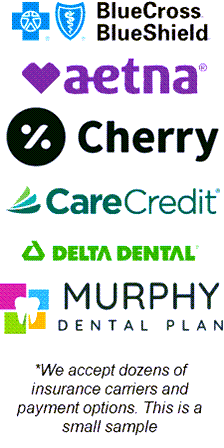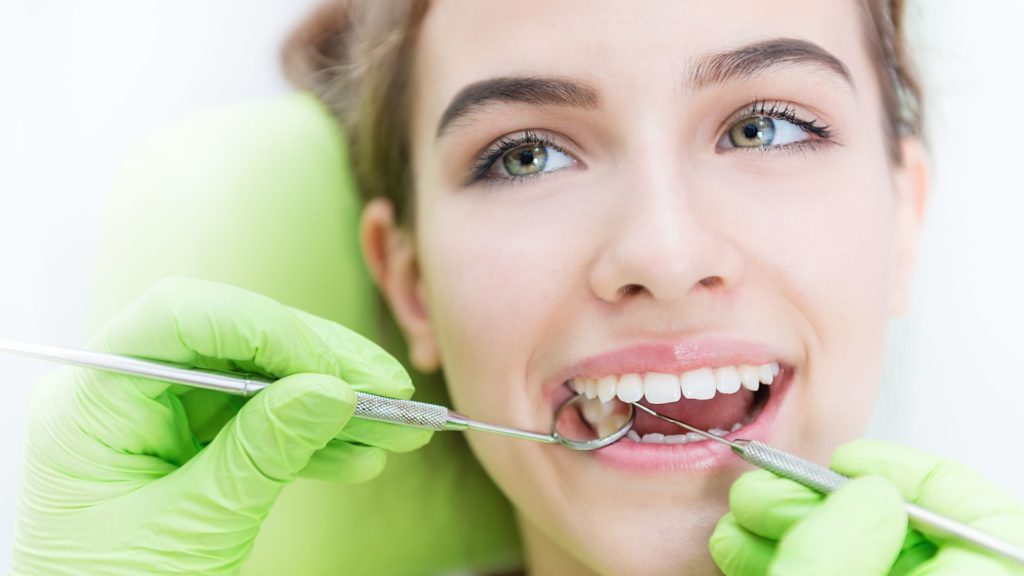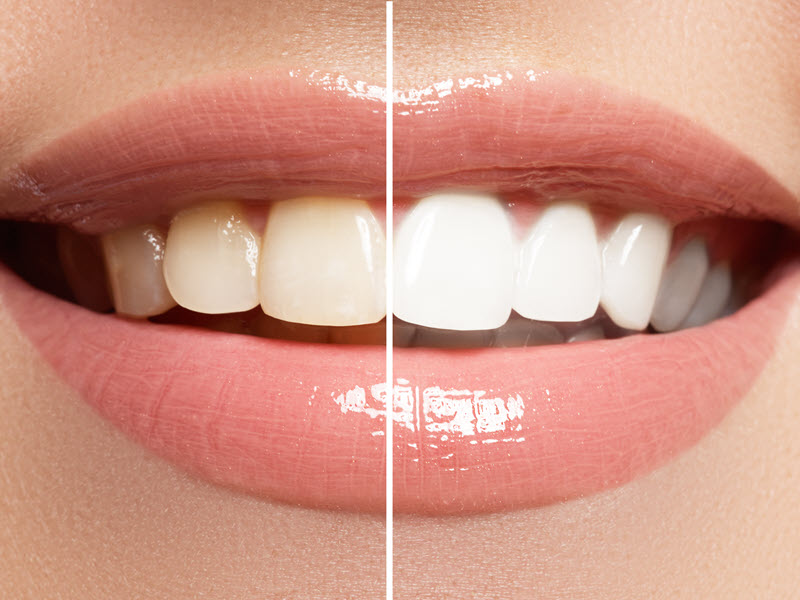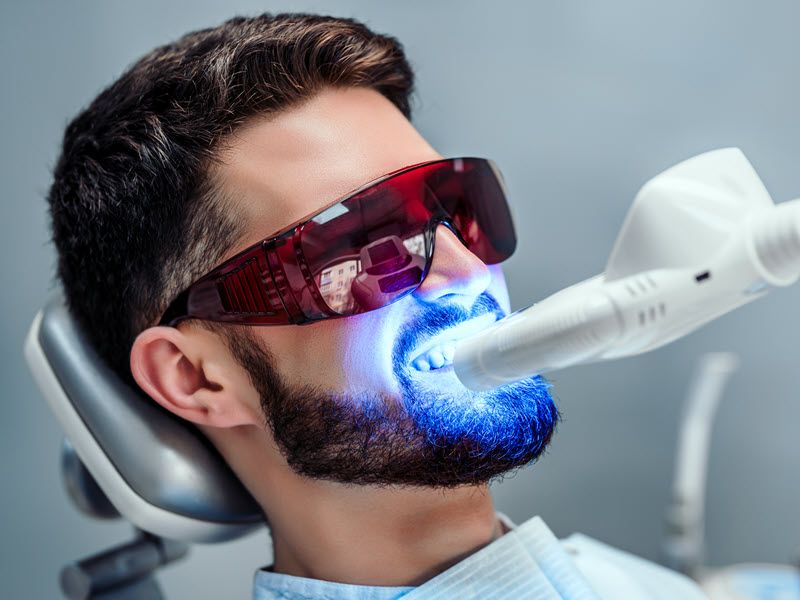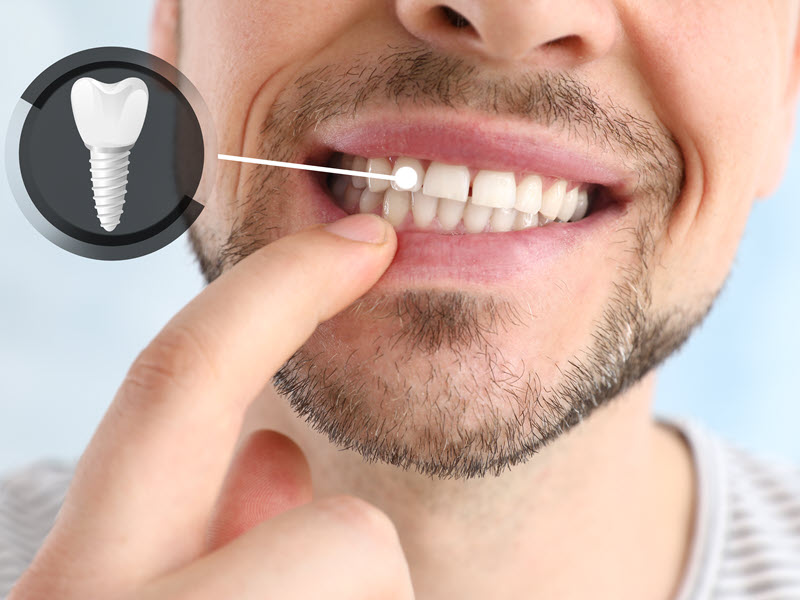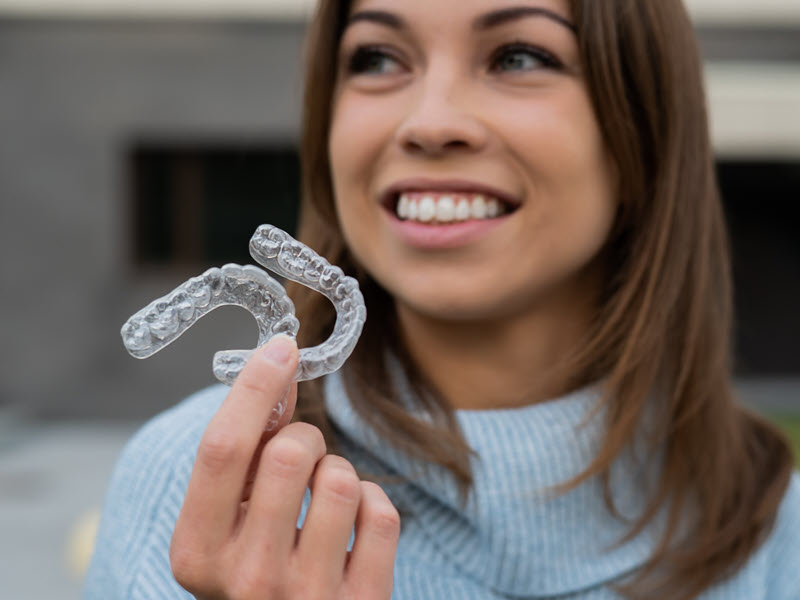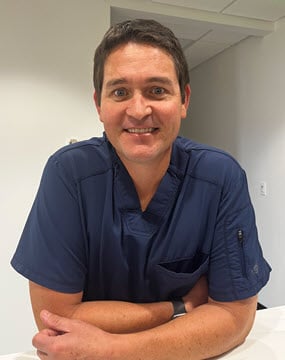A Thorough, Comprehensive Look at Your Overall Oral Health
Looking to get a dental exam in Fort Collins? You’ve come to the right place!
Murphy Dental is a Fort Collins Dentist offering comprehensive dental care services – including dental exams. For most routine patient checkups, the exam happens immediately after your dental cleaning.
A dental exam is an important part of your overall oral dental care routine, and it’s crucial that you visit our office regularly for checkups and cleanings. The American Dental Association recommends that patients go to the dentist around twice a year for exams – and possibly more depending on their individual oral health.
Here, we’ll discuss the importance of dental exams, what happens during a dental exam, and provide some tips on how to prepare for your appointment.
During a Dental Exam at our Fort Collins Dentistry, our dentist, Dr. Murphy will perform a number of tasks in order to assess your oral health. He will check for cavities and other signs of tooth decay, look for gum disease, measure the depth of any pockets between your gums and teeth, and evaluate your risk for developing other dental problems.
Below is a more in-depth look at what you can expect from your dental exam at our Fort Collins dental practice.
Overall Dental Health Overview
You can expect your dentist to ask you about your dental care practices, dental hygiene habits and health history. You’ll want to share if you’ve had any major health changes since your last visit. If you’ve had any medication changes, it is important that you share this with your dentist during the exam.
This is also your opportunity to share with your dentist if you’ve been experiencing any problem areas or pain with your teeth or gums.
Examination of X-Rays
During your office visit, a dental assistant or hygienist may take a series of x-rays using digital radiograph technology. Note that you won’t receive x-rays every office visit.
Emergency dental exams may require an x-ray. Routine dental office visits have x-rays scheduled based on your dental health needs.
Dr. Murphy or another dentist will analyze the x-rays for signs of problems.
The dentist will look for any structural issues with your teeth or jawbone. They will also be trying to identify any signs of disease or infection from your dental x-rays including :
- Cavities
- Tumors
- Tooth decay
- Infection
- Bone loss associated with periodontal disease
Intra Oral Cameras
Also during your visit, your dentist may use an intraoral camera to take photos of any potential problem areas with your teeth or gums for closer inspection. In many cases, a hygienist or dental assistant may have already taken some photos with the camera prior to the examination by your dentist.
An intraoral camera is a camera that is used to take photos of the inside of your mouth. It is a small, pen-like device that our dentist will insert into your mouth in order to get a closer look at any areas of concern. It provides a high-resolution image of your teeth and gums, which can help us diagnose problems.
Checking Crowns, Sealants, and Other Dental Restorations
It is possible – even probable – that previous dental work could become damaged over time. Not all dental work will last a lifetime. For example, the maximum life of a dental crown is about 15 years. Likewise, fillings don’t last a lifetime and tend to last about a maximum of 15 years as well.
It is possible – even probable – that previous dental work could become damaged over time. Not all dental work will last a lifetime. For example, the maximum life of a dental crown is about 15 years. Likewise, fillings don’t last a lifetime and tend to last about a maximum of 15 years as well.
Oral Cancer Screening
An oral cancer screening involves checking various parts of your head and neck for signs of oral cancer. The oral cancer process involves examining the lips, cheeks, tongue, gums, and roof of the mouth for any abnormalities. Your dentist will also feel your neck for swollen lymph nodes, which can be a sign of oral cancer.
Bite Evaluation
Our dentist will examine your bite to make sure that your lower and upper teeth are meeting properly. Teeth have a tendency to shift over time as we age. This can result in gaps, crooked teeth, and occlusion problems (where your teeth don’t meet appropriately).
Tooth Decay Evaluation
The dentist will use a small mirror and a dental tool – called an explorer – to examine all surfaces of your teeth for any signs of tooth decay. Your dentist will also check for cavities and other problems with your teeth.
Gum Disease Evaluation
The dentist will closely examine your mouth for any signs of gum disease. The examination for gum disease includes checking the gums for any inflammation, redness, or bleeding. The dentist will also check for any signs of gum recession.
In the event that you have signs of gum disease – either gingivitis or periodontitis – our dentist will put you on an appropriate dental treatment plan to bring your gums back to health.
Dental Exams in Fort Collins: How to Prepare
You won’t receive a letter grade for your dental exam, but you would be wise to prepare well in advance for your trip to the dentist.
Practicing good dental habits like the following will go a long way to making your visit easier:
- Water piking or Flossing daily between teeth
- Brushing at least twice daily with a flouride toothpaste
- Minimize sugar and carbohydrate intake
If you don’t adequately address your dental needs with proper dental care, you may be in need of additional dental services. A dental procedure like a root canal, dental crowns, or oral surgery may become necessary.
Can My Dentist Tell if I've Been Brushing and Flossing?
Yes, we can tell. As we conduct our exam of your teeth, we look for plaque in two places to determine if a patient has been making their oral health a priority.
Plaque accumulating between teeth is usually indicative of not flossing enough. Plaque on the outside and inside surfaces of your teeth usually means that your brushing routine has been lacking.
Be Straightforward - We Won't Judge
As mentioned earlier, many of our staff members – including our dentist, hygienists, and dental assistants – will ask you about your dental habits and overall health. We won’t judge. We need you to be as upfront as possible so we can give you the best dental care possible.
